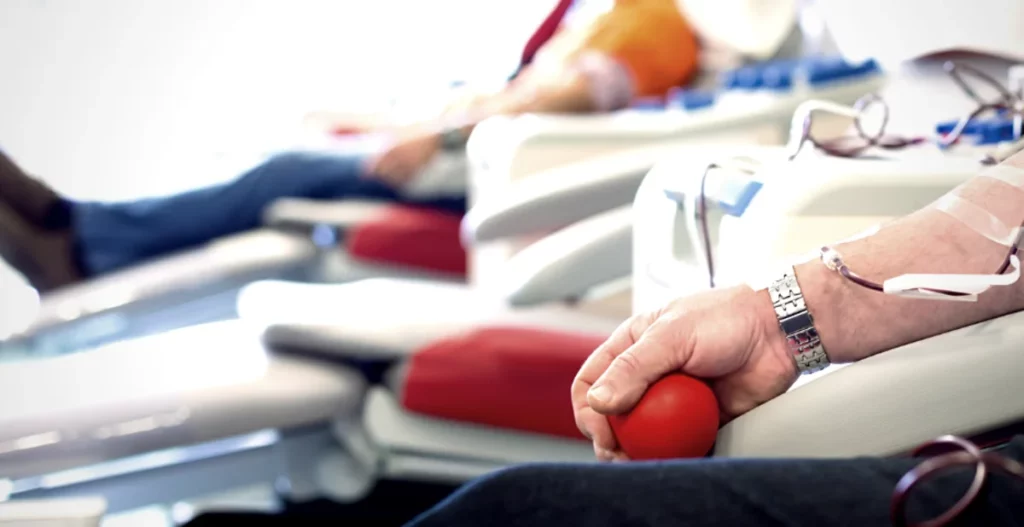
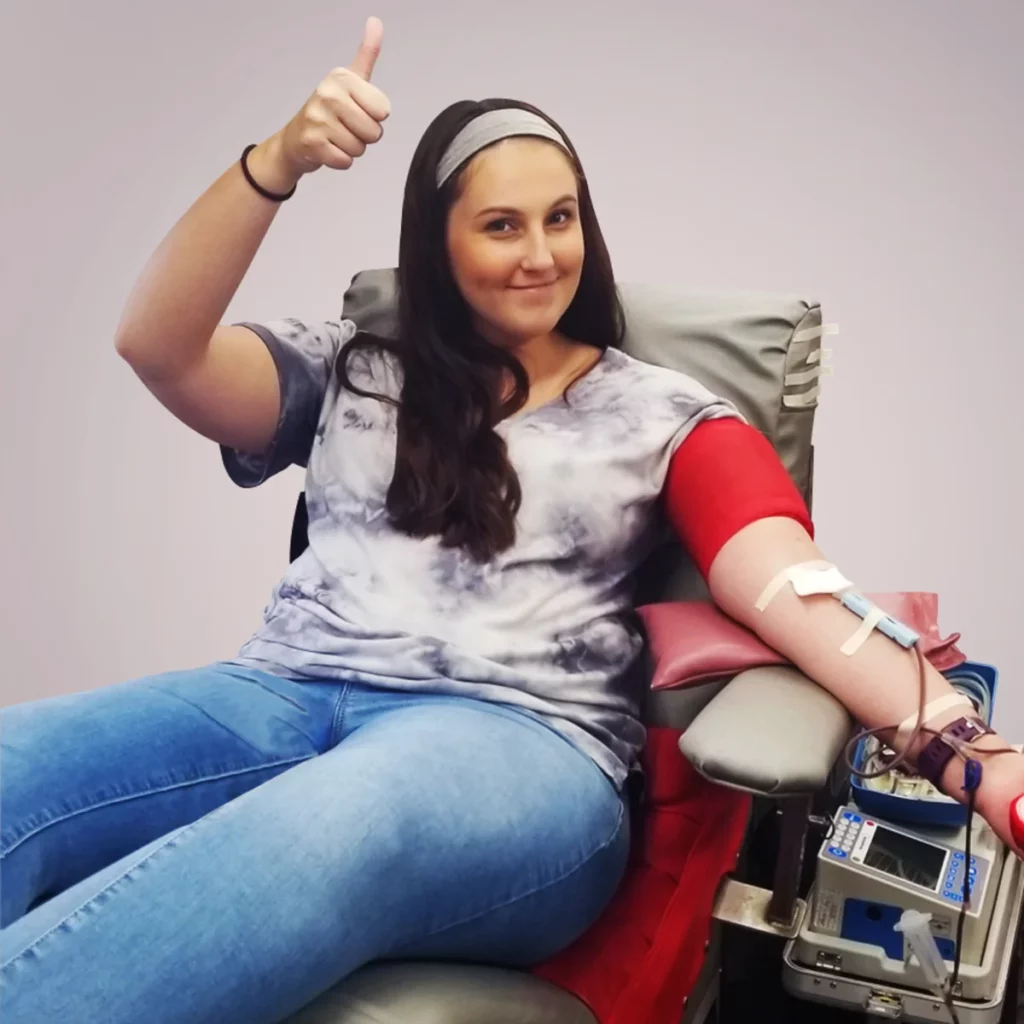
Giving whole blood is the most common blood donation. You can give whole blood at all our locations and drives.
“Whole blood” means your donation includes everything in your bloodstream: red blood cells, platelets and plasma.
Your donation can save up to three lives and is used for a wide range of patient care, including trauma, cancer treatments, caring for moms and their newborns, and more.
Platelet donation is an automated donation where your blood is passed through a device that takes out the platelet cells and returns the rest to you. You shouldn’t take aspirin or ibuprofen for two days before you donate, since they can make platelets less effective.
Most platelets have a shelf life of seven days, and they are constantly needed. Patients who have traumatic injuries need platelets, as well as those undergoing cancer treatments and transplants.
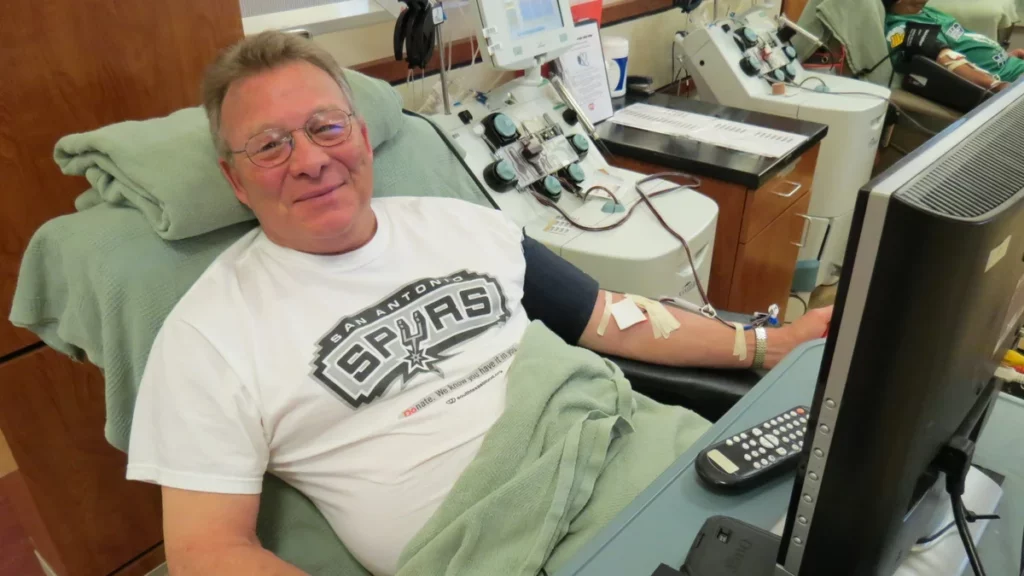
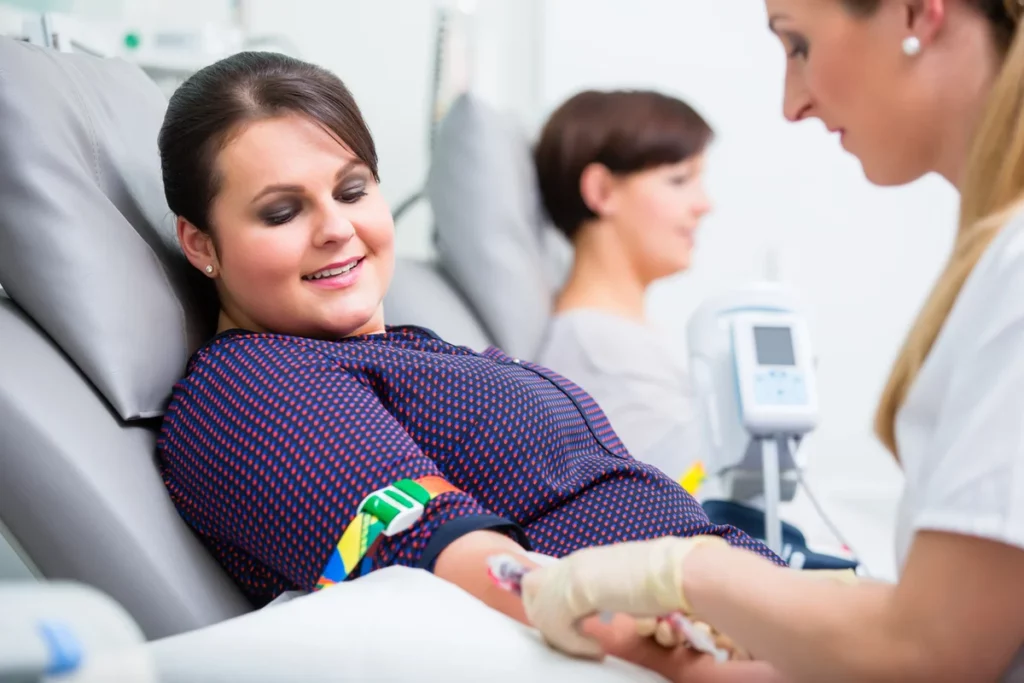
Dual red cell donation means you give just red cells. Your blood passes through a device that takes out the red cells and returns all the other parts of your blood back to you.
More than 60% of blood transfusions are red blood cells only, and they are vital components for surgeries.
Male donors must weigh at least 130 pounds and be at least 5-foot-1. Female donors must weigh at least 150 pounds and be at least 5-foot-3.
If you are undergoing testosterone replacement therapy or have been diagnosed with hemochromatosis, South Texas Blood & Tissue may be able to provide you with therapeutic phlebotomy services.
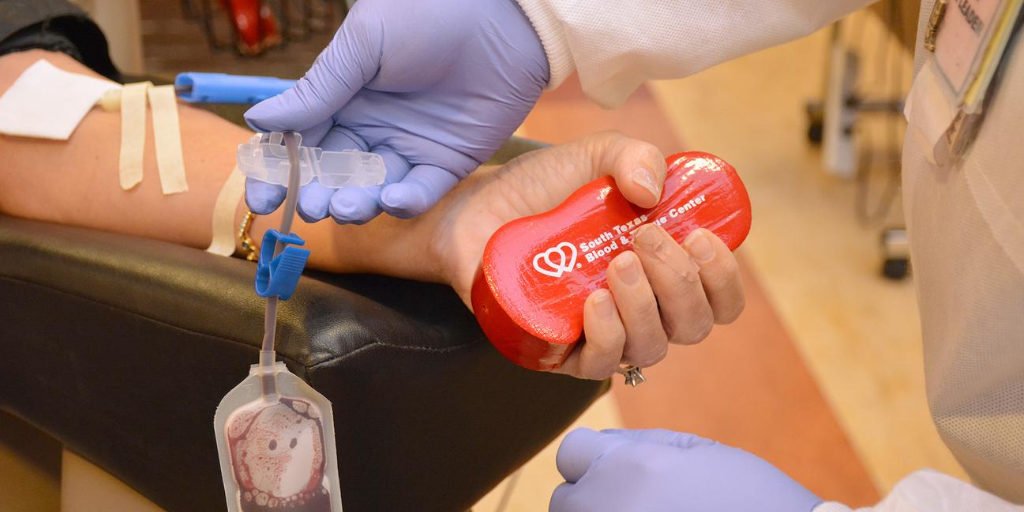
Learn how your specific blood type can help patients in need.

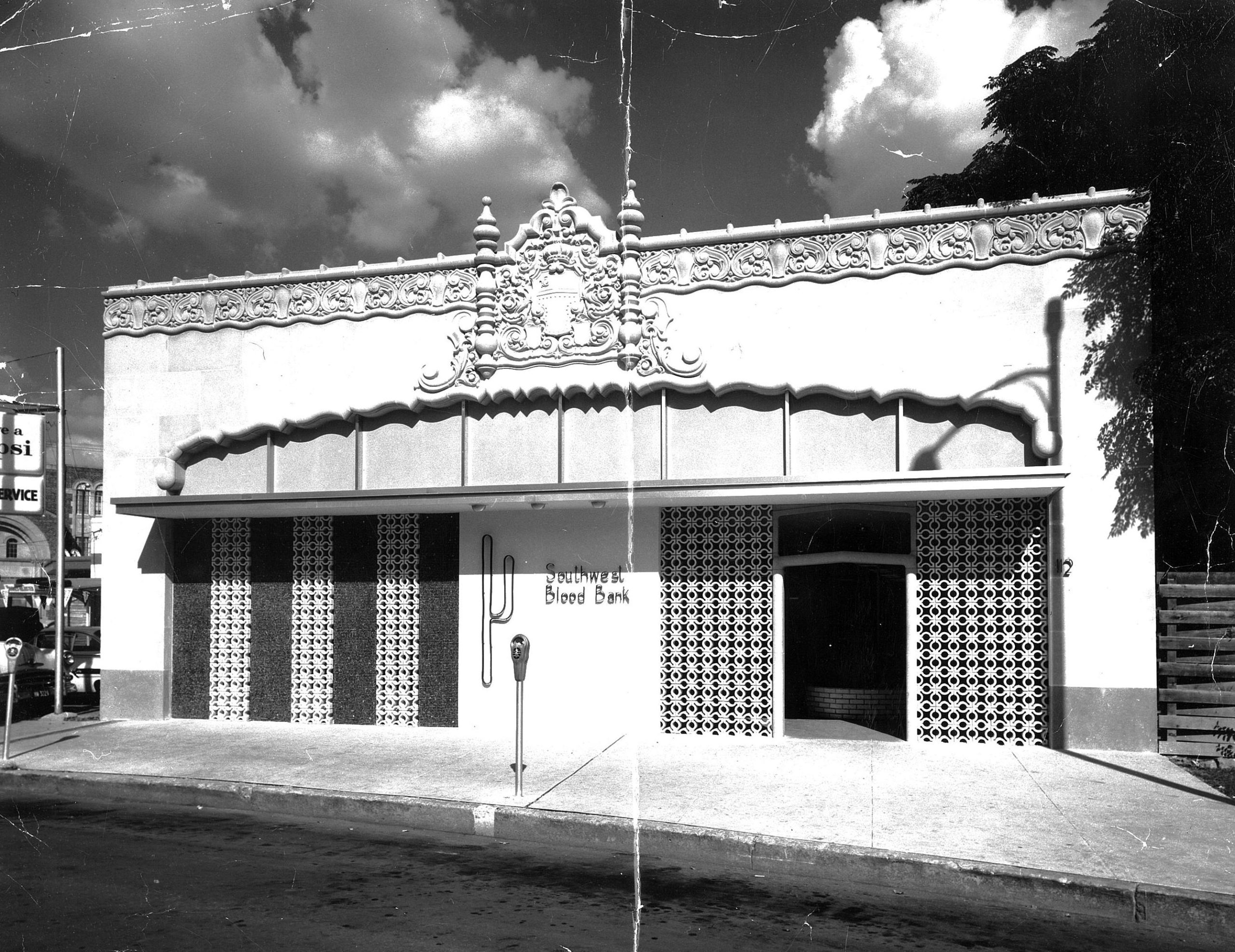
For more than 45 years, the nonprofit South Texas Blood & Tissue Center has focused on a critical purpose: to save and improve lives.
Inspired by a group of physicians, our organization was formed to provide blood to the South Texas region – ensuring a safe and adequate blood supply through proper testing, storage and distribution to hospitals. This essential service allows front-line workers to focus on the direct care of patients, with confidence that this lifesaving resource will be there when it’s needed most.
But we didn’t stop there. Over the years, we’ve evolved as the needs of our patients and hospitals have changed, driven to save lives in as many ways as possible.
We couldn’t do this without donors like you. We understand that the gift of donation is a personal, powerful choice that has the potential to touch a life. Today, we offer many ways to make a difference that include:

Our team has also expanded its programs, partnering with leaders within the healthcare industry to develop a wide range of therapies.